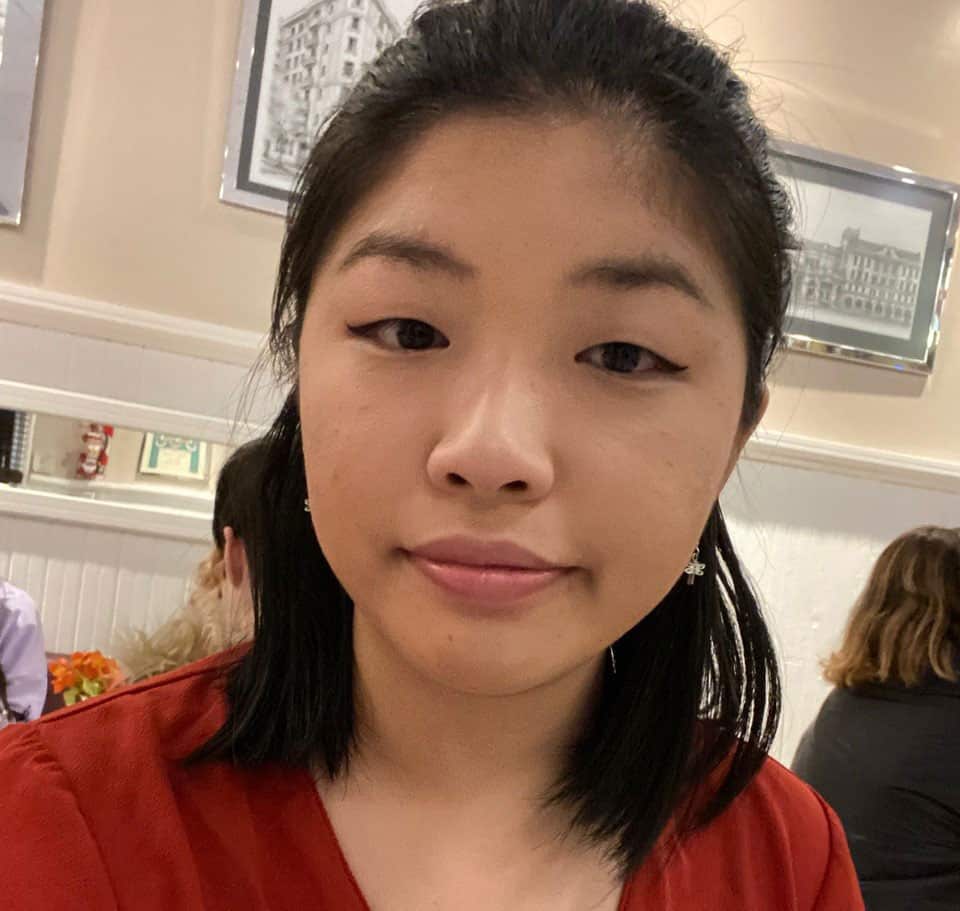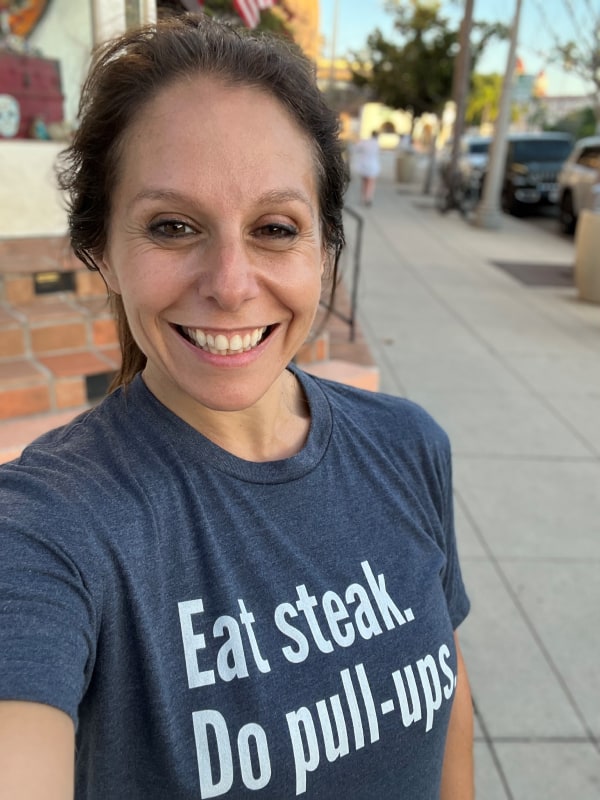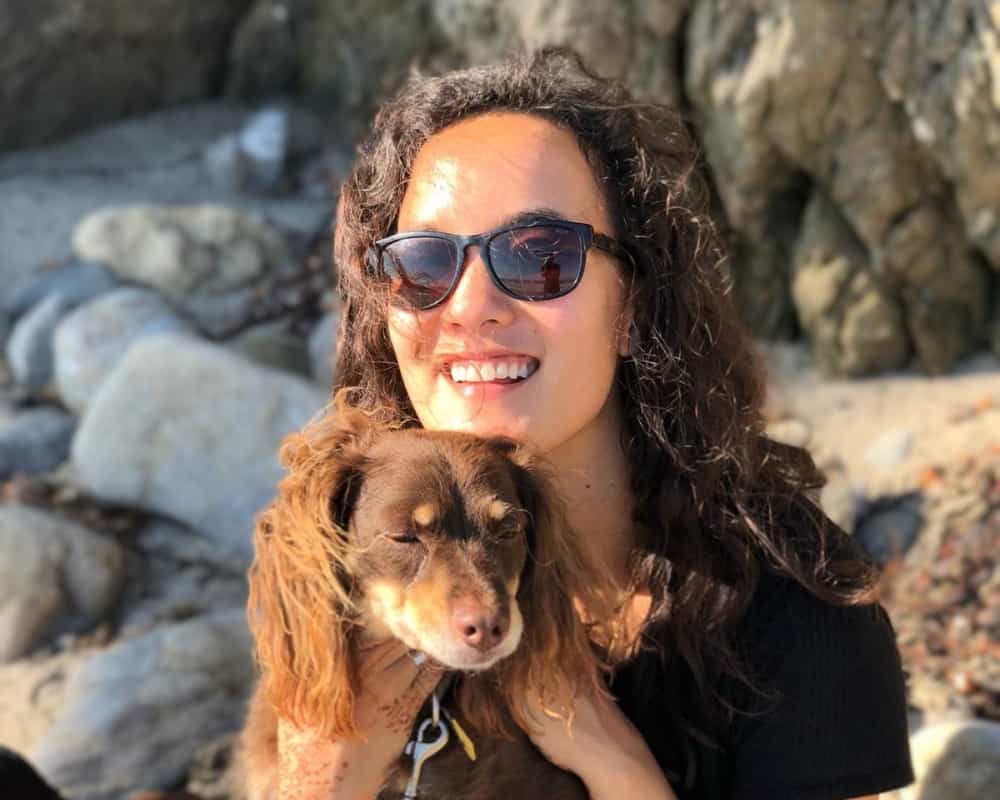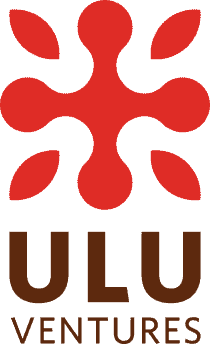For Ulupreneur Belinda Mo, quick reflexes and competition have always been in her blood. From the age of five until ten she was a gymnast; then, she turned to fencing. She learned early on that employing different strategies and thinking ahead was critical for success.
Growing up in Southern California, she had an early start as an entrepreneur. She began by selling do-it-yourself crafts online and even created a YouTube channel for her products.
At Stanford, Belinda’s focus was Symbolic Systems—an interdisciplinary major that combined computer science, psychology, and philosophy classes. Her passion for language and computation crystallized at the Stanford Design School, where she worked on a translation project with a San Jose-based non-profit, the Legal Advocates for Children and Youth Foundation. Over 80% of their clients were non-native English speakers and their circumstances were all too familiar: throughout her life, Belinda saw her Chinese-speaking relatives, who were often professionals and even doctors and nurses, be misunderstood in the US because of their lack of English fluency.
The development of Viva Translate began with legal translations for low-stakes conversations between lawyers and clients. From there it blossomed into generally helping any professional communicate across languages in the workplace in Spanish, Portuguese, and English. In October 2022, Viva launched their application that translates video calls in real time.
We often ask founders to explain how they got their first customers, but for Belinda it was simple: creators shared Viva on TikTok and it took off. We caught up with her as she shared her vision for expanding communication not only in terms of language but also within a broader range of cultural contexts.
What tips would you give other founders about fundraising?
With traction, all else follows. But it’s often a chicken-or-egg situation where you need some capital in order to achieve that traction.
“Not all businesses can be bootstrapped. It helps to treat fundraising as a sales process.”
There are good investors out there who care; with correctly aligned incentives, they can be very strong and helpful relationships.
What have been your biggest challenges?
We launched during the pandemic, so navigating remote work was initially challenging. We try to make sure we are cultivating the company culture and that the team, including myself, do not burn out.
What are your dreams for Viva?
We are soon rolling out our desktop application that works with any audio coming in and out from your desktop; we’ve got a few big clients in Latin America lined up to use it. But language translation is only a piece of cross-contextual communication. Our broader technical interests are around building tools to bridge contexts between any two individuals. Even when two people speak the same language, the same word will have different associations. This is based on where we grew up, the people we interact with, what we do for work, and so on. I see those contexts as a very organic extension of language translation. Once the contexts are determined, we can use large language models to translate the conversation or provide insights in the middle of a conversation so that we feel more connected to people from different backgrounds.




